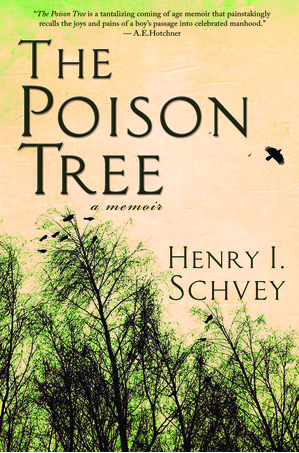Share the post "Card-Carrying Member of Adverbs Anonymous"
by Janet Cannon
Hello. My name is Janet L. Cannon and I’m an addict. Yes, I wholeheartedly admit I’m thoroughly and completely addicted to those lovely and lively adverbs. Those beautifully artful words that modify verbs to more carefully describe what’s excitingly happening in my novel.
Umm. Yeah. Seriously. Seriously? Yeah.
Adverb addiction has been an issue with speculative fiction writers since time immemorial, so I don’t feel TOO bad (badly?) about inheriting the disease from all the books I read as a child. It was the pulp culture of the time. But now it’s not.
But why? Why discriminate against a single, beautiful part of speech when there are other, more terrible offenses to complain about like misplaced modifiers and the difference among “their,” “they’re,” and “there”?
1. Well, for one thing, a single candy bar is a treat. An entire bag of mixed minis can make you sicker than a pig on a roller coaster. Adverbs, used sparingly and correctly, can make your work sparkle. But too much bling can blind the reader and make your piece unreadable.
Consider the following:
She spun completely around, her hair flowing quickly and freely like a waterfall down her back.
Okay, so is there any OTHER way to spin other than “completely around”? Do waterfalls flow “slowly”? Do they flow “freely” or in more of a downward motion (i.e. gravity works). You could remove ALL those adverbs and this sentence would work just as well, and in fact, work BETTER.
2. Second, overusing adverbs (and adjectives, too), shows you are a weak writer. Yep. I said it. Flowery words are a subconscious way to try to hide the fact that your nouns and verbs–the foundation of your work–aren’t strong enough to support your piece.
How about these statements?
He talked softly.
She walked quickly.
Why not say, “He whispered,” and “She ran”? Use stronger nouns, ladies and gentlemen! Don’t hide behind adverbs to try to make your point!
3. Another horrible truth: often, adverbs either A. don’t tell you anything you didn’t know anyway or B. don’t describe what you mean. This means they are sometimes USELESS and POINTLESS and therefore not necessary.
For example:
She looked grimly at the murderer. (What does “grimly” look like?)
Anxiously pacing, the boy waited for his mother. (Umm, if he’s pacing, he’s anxious.)
Before you get your panties in a wad, don’t think I’m proclaiming a ban on all adverbs or all adjectives for that matter. That would be like telling women they could never eat chocolate again or football fans that buffalo wings can only be eaten during the off season.
Use them sparingly. Use them correctly. Sprinkle your cake with glitter, don’t cover it with gaudy gold foil and ruin the taste.
End sermon.
If you’re still not convinced about your adverbaholicism, try these two articles:

